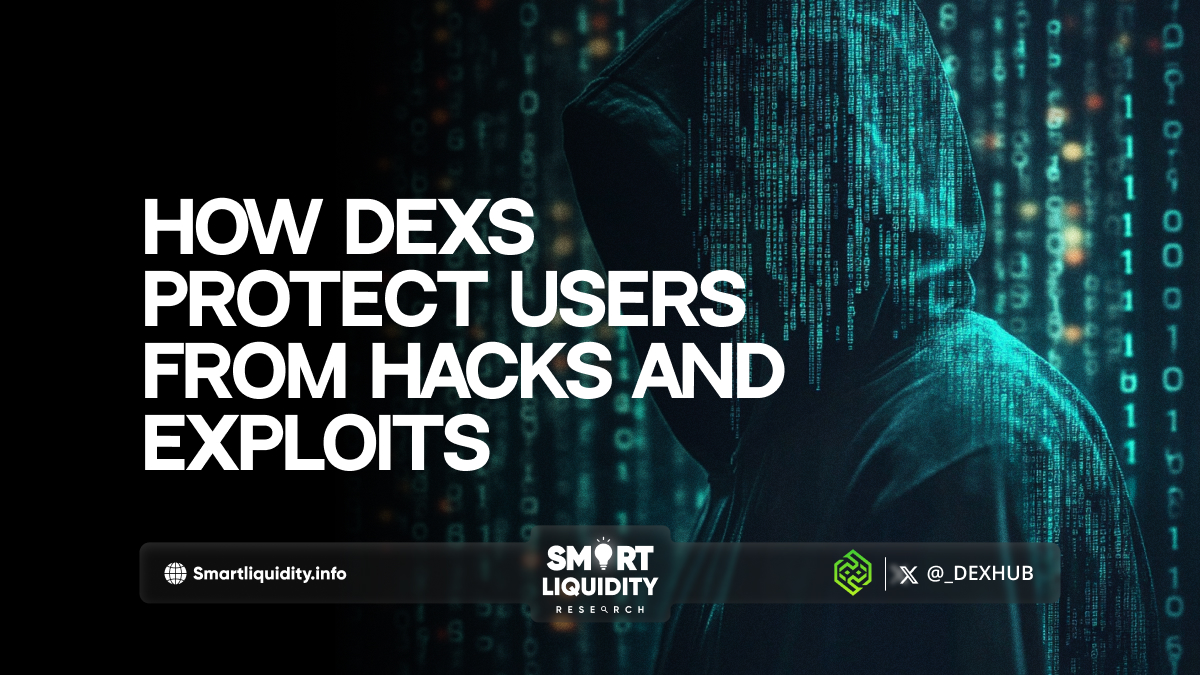How DEXs Protect Users from Hacks and Exploits


Decentralized exchanges (DEXs) have gained significant traction in the crypto world. Their rise can be attributed to the inherent security features that set them apart from centralized platforms. While DEXs are not immune to risks, they employ various mechanisms to safeguard users from hacks and exploits.
The Core of DEX Security
One of the most critical ways DEXs protect users is through decentralization. Unlike centralized exchanges (CEXs), where users entrust their funds to a single entity, DEXs allow users to maintain control of their private keys. Consequently, the risk of a massive hack draining funds from the exchange is minimized. In DEXs, funds remain in users’ wallets, so they are not exposed to centralized points of failure.
Smart Contract Audits
Another safeguard is the use of smart contracts. However, smart contracts can sometimes contain vulnerabilities that hackers exploit. To address this, DEXs undergo rigorous audits by third-party security firms. These audits ensure that potential vulnerabilities are identified and resolved before the platform goes live. In addition, many DEXs encourage open-source development, enabling a wider community of experts to review the code.
Liquidity Pool and User Protection
Many DEXs utilize liquidity pools, which are essential for the platform’s functionality. These pools are often designed with protective mechanisms, such as slippage control and transaction verification, to avoid exploits. Additionally, most DEXs have liquidity providers who monitor and adjust pools to protect against malicious actions.
Ongoing Updates and Monitoring
To further ensure security, DEXs continuously update their protocols. These updates are often in response to new vulnerabilities identified in the ecosystem. Moreover, the decentralized nature of DEXs means that governance is distributed, and the community plays an active role in decision-making. This ongoing vigilance helps in minimizing risks and protecting users.
In conclusion, DEXs incorporate multiple layers of security, such as decentralization, smart contract audits, and liquidity pool protections, to safeguard users from hacks and exploits. While they are not flawless, these mechanisms help mitigate risks and promote a safer trading environment.
DISCLAIMER:
“The information provided on this platform is for general informational purposes only. All information on the platform is provided in good faith; however, we make no representation or warranty of any kind, express or implied, regarding the accuracy, adequacy, validity, reliability, availability, or completeness of any information on the platform.”




